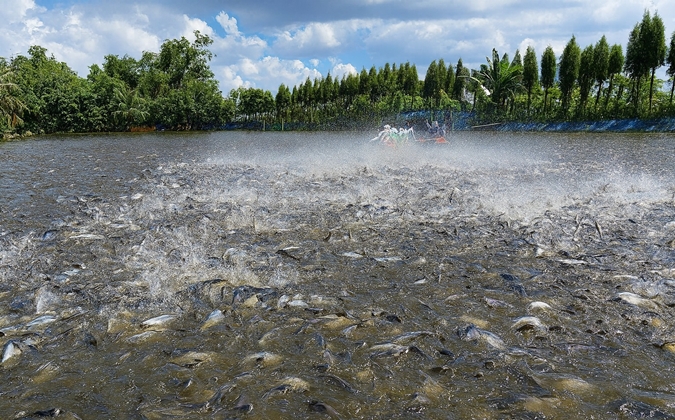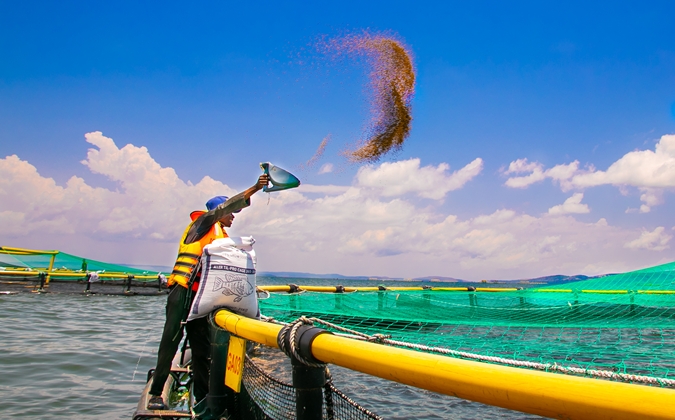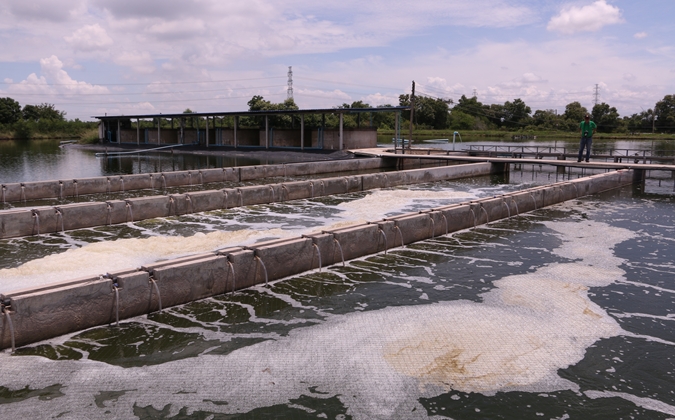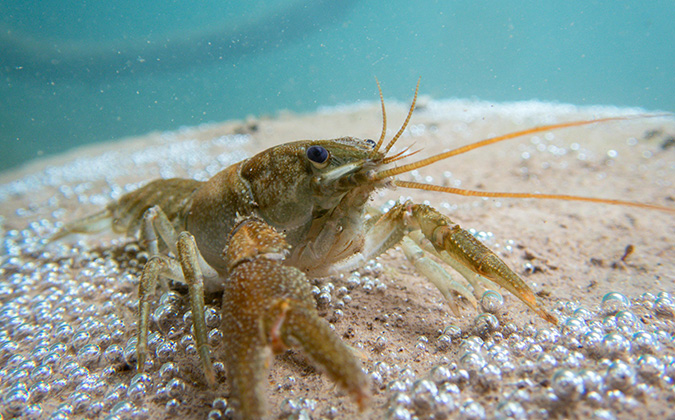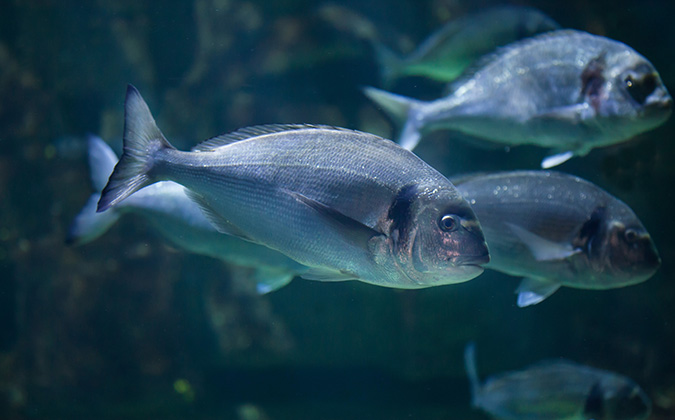
New approach could improve understanding of farmed seabream welfare
Analyzing proteins from the skin mucus of gilthead seabream (Sparus aurata) could offer a promising, welfare-friendly route to monitor stress levels of the fish during production cycles.
Scientists at the Centre of Marine Sciences in Portugal exposed populations of the species to stressful stimuli: overcrowding, repeated handling and exposure to air, and low oxygen conditions. For each different treatment, one group was exposed at medium intensity, one high, and a control group experienced no stressful stimuli.
After the exposure, the researchers sampled fish and scraped mucus off their skin, which was then studied using proteomics, a relatively emerging field of investigation which looks at an organism’s proteins in order to identify molecules associated with specific functions.
In this case, the team were looking for biomarkers associated with early signs of stress in the animals, which is associated with worse production outcomes and responses when faced with pathogens and parasites.
“Early diagnosis of the stocked fish through stress/welfare measures, based on minimally invasive stress biomarkers can help to prevent the unintended overload of the fish physiological responses, with adverse effects on growth, reproduction, immunity, and therefore reduce or avoid the use of chemicals to mitigate such effects,” the scientists wrote in Journal of Proteomics.
Areas of interest identified
Through the work, using an approach called label-free shotgun proteomics, which allows short chains of amino acids to be identified, as well as computerized analysis, the team were able to identify 28 candidate biomarkers in skin mucus. These molecules were correlated with chemical indicators of stress such as cortisol and lactate, which can typically only be determined using more invasive plasma sampling.
Although the biomarkers require further validation, the scientists noted, the study suggests that proteomics could prove useful to fish producers in better understanding stress in their stocks. Skin mucus scraping could serve as another pro-welfare development, as it can be carried out without the need to euthanize fish, and to the same fish repeatedly over a reasonable time period.
“The adoption of preventive and surveillance measures based on proteomics approaches can…help to avoid unnecessary adverse outcomes with a negative impact on this food sector,” they added.
You can read the full report in Journal of Proteomics.
Posted on: June 21, 2023


